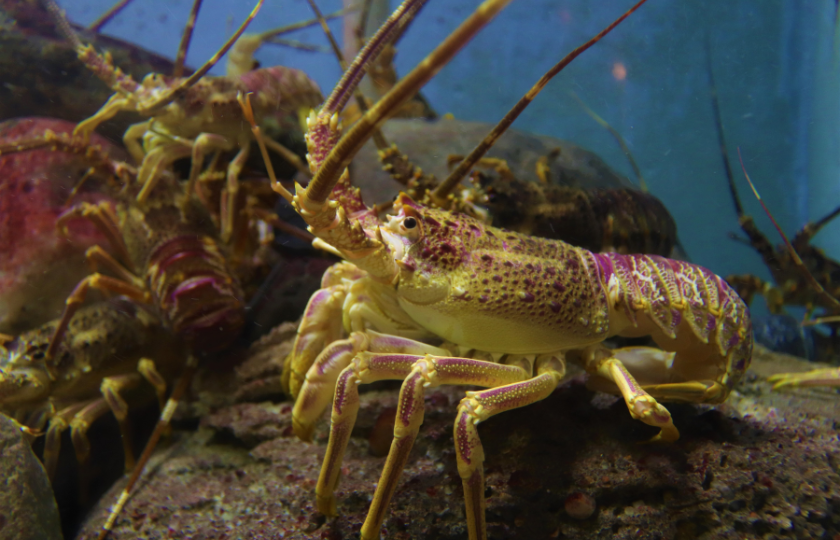After the recent discovery that decapod crustaceans such as crabs, lobsters, and prawns are sentient creatures, companies in the UK will face the first-ever assessment of welfare standards for crustaceans.
Yes, lobsters have feelings too.
A report published in 2021 by the animal welfare organisation Crustacean Compassion reported that animals such as crabs, lobsters, prawns & crayfish (decapod crustaceans) are capable of feeling pain.
That’s why when videos pop up of lobsters being boiled alive and screaming, it is indeed the sound of pain and not just blowing off steam.
The organisation explained that the ability of decapod crustaceans to feel and experience pain is just one indicator of sentience and is particularly important for their protection in animal welfare.
Sentience is the capability to experience feelings, not just pain. It includes feelings of pleasure, joy, thirst, hunger, comfort, anger, excitement, and other emotions that humans and other animals have – decapods.
Given decapods can experience pain, the organisation said it should be required to include them in animal welfare legislation.
In an industry first, the organisation launched The Snapshot benchmark report to assess welfare standards for decapod crustaceans within the UK food supply chain.
Each year, more than 420 million crabs, lobsters, shrimps, and langoustines are caught in the UK, and The Snapshot will evaluate all stages of their supply chain, including capture and handling, storage, transport, mutilations, stunning, and slaughter.
Thirty UK companies – including all major supermarkets – were evaluated, and the benchmark revealed that only 50 per cent of companies had developed formal policies on some aspect of decapod crustacean welfare, 70 per cent consider the welfare of crustaceans to be a business issue, and only one is promoting decapod welfare to consumers.
Claire Howard, director at Crustacean Compassion, said that now animals like crabs and lobsters are recognised as sentient beings, it is apt that companies have increased scrutiny about how their practices impact the welfare of crustaceans.
“Customers expect to be able to buy seafood that has been produced to high standards of animal welfare, and we have been asked which brands and companies have the most humane practices,” said Howard.
“The food industry is responsible for meeting those expectations and providing the necessary information to enable consumers to make informed choices.”
While this initial report does not share company scores, the organisation says future reports will publish all company scores and include a ranking table, allowing consumers to make informed choices that avoid inhumane practices such as eyestalk ablation and slaughter through drowning, asphyxiation and boiling alive.



